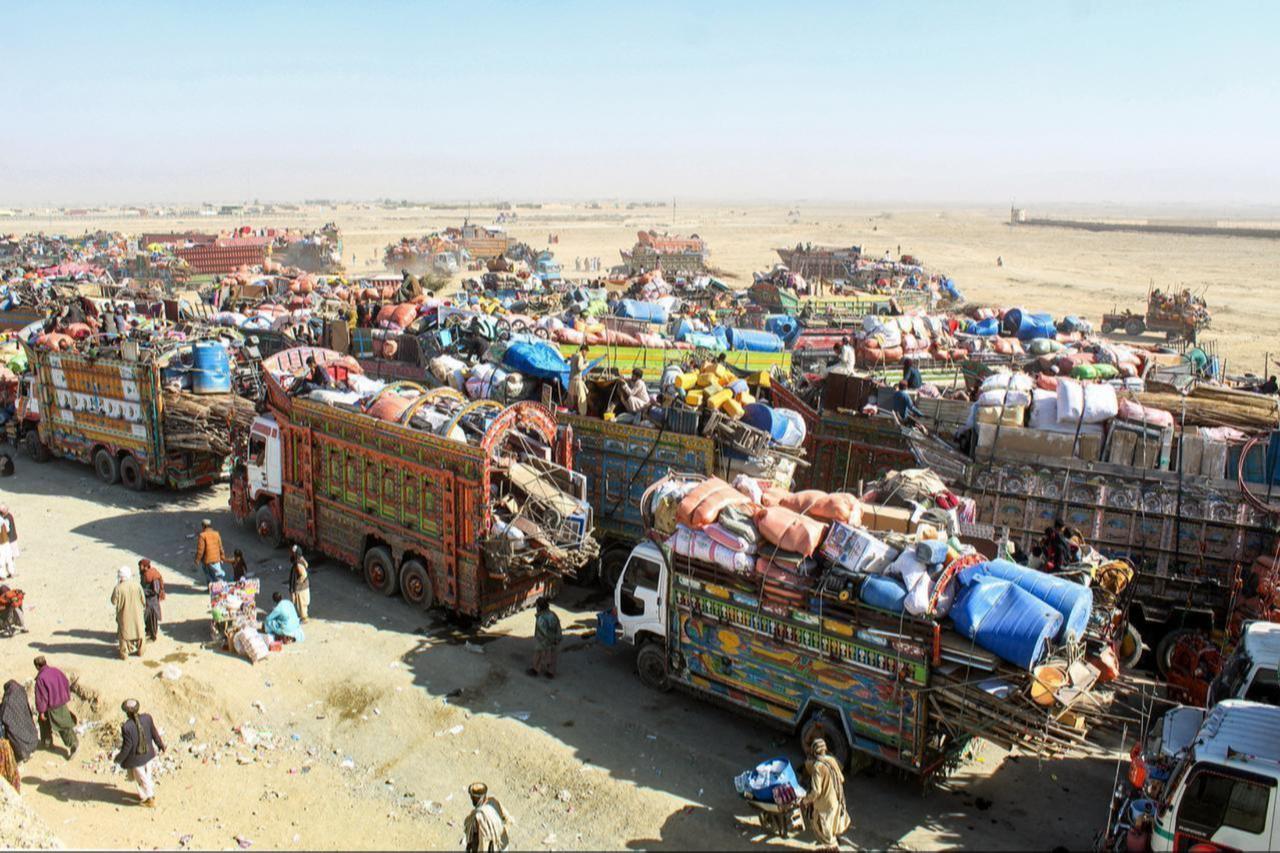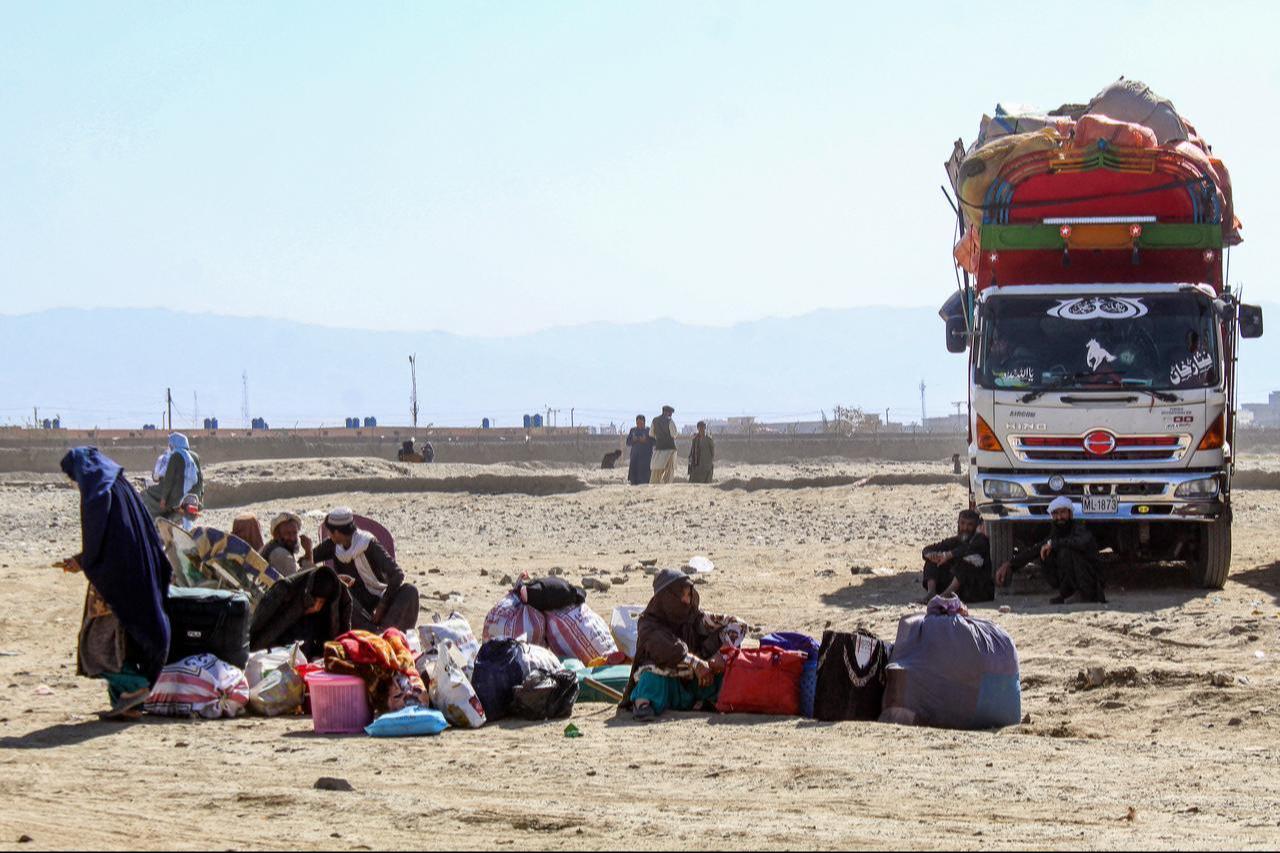
Afghanistan is seeking alternative trade routes after last month’s deadly border clash with Pakistan shut a key frontier crossing and disrupted major commercial flows.
The crossing was closed on October 12 following cross-border fire, leaving Afghan trucks loaded with perishable produce stranded.
The Pakistan Afghanistan Joint Chamber of Commerce and Industry (PAJCCI) estimates combined losses have exceeded $100 million, affecting up to 25,000 border workers.
Pakistan is Afghanistan’s top trading partner, taking in 45% of Afghan exports, mostly fruits and nuts, and supplying essential goods such as rice and pharmaceuticals.
Deputy Prime Minister for Economic Affairs Abdul Ghani Baradar urged traders to redirect business “toward other alternative routes instead of Pakistan,” warning Kabul will not intervene if disruptions continue.
Trade with Iran and Turkmenistan has risen 60–70% since mid-October, according to the Herat Chamber of Commerce.

Afghanistan also sent apples and pomegranates to Russia for the first time last month. Kabul is additionally lowering freight rates to India and expanding talks with New Delhi.
Pakistan says the closure prevents militant infiltration, but markets have been hit.
Afghan produce has nearly vanished from Peshawar, with grape and tomato prices surging. PAJCCI warned that thousands of containers remain stuck at ports, accruing $150–$200 in daily charges.
Truck drivers stranded at the Chaman crossing say they have gone unpaid for weeks. “If it doesn’t reopen, we will be distraught,” said driver Naeem Shah.
Despite rising tensions, analysts say both countries remain mutually dependent: Afghanistan needs Pakistan’s sea access, while Pakistan relies on Afghan transit routes to reach Central Asia.